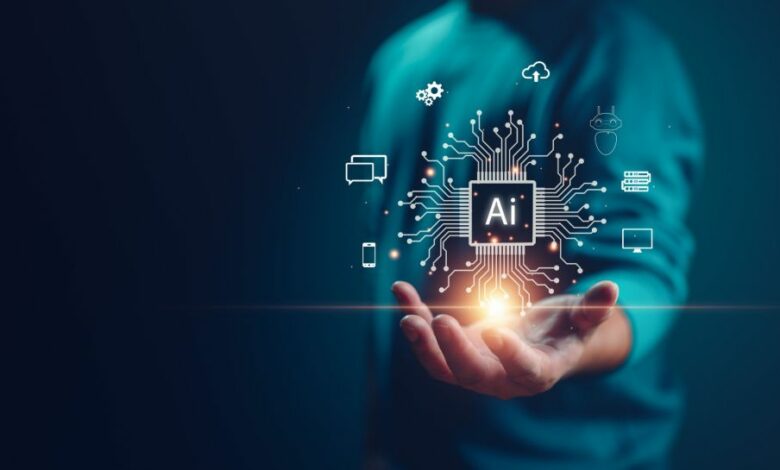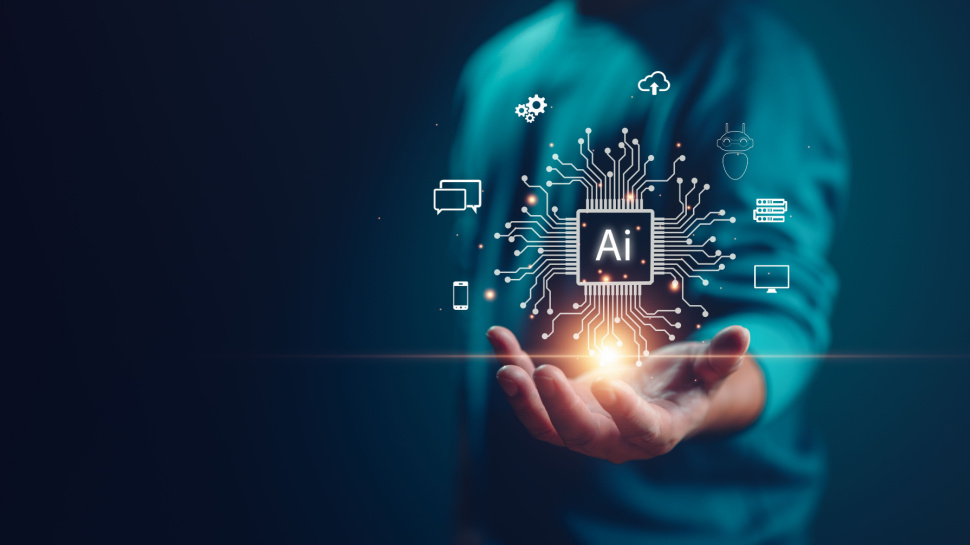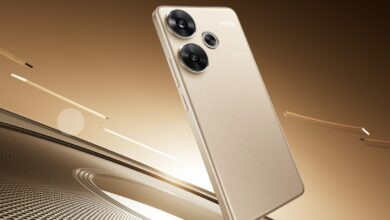“No Human Replacement” — Microsoft Changes Terms of Service to Remind Users Not to Take Their AI Services Too Seriously


After criticism over the accuracy of its AI tools, Microsoft is now warning users not to place too much trust in its services.
The company has unveiled an updated service agreement, which states that AI is best viewed as a guide and not a substitute for professional advice.
The updated agreement, which comes into effect late next month, also includes warnings about the Health Bots. One reason for this is that users are overly confident in the advice they provide.
Microsoft says AI is not a replacement for professionals
Microsoft’s revised terms and conditions specifically addressing the limitations of its Assistive AI: “AI Services are not designed, intended, or intended to be used as a substitute for professional advice.”
The company added that Health Bots “are not designed or intended to be a substitute for professional medical advice or for use in the diagnosis, cure, mitigation, prevention, or treatment of disease or other conditions.”
The updates reflect the increased adoption of AI tools in recent months, following the introduction of tools like ChatGPT and subsequent criticism over accuracy, data security and privacy.
The agreement also highlights that Copilot AI Experiences, which are subject to Bing’s Terms of Service, may not be used for data extraction through methods such as scraping or harvesting unless expressly permitted by Microsoft.
Additionally, the updates impose stricter rules on the reverse engineering of AI models and enforce other protective measures: “You may not use the AI Services to discover underlying components of the models, algorithms, and systems.”
Microsoft also prohibits the use of its AI data to create or train other AI services.
While updates have been made to other Microsoft services, the revisions to the AI terms are a sign that the company is responding to liability concerns and being more clear about user expectations. They also serve as a gentle reminder that AI technologies aren’t likely to replace humans anytime soon.




